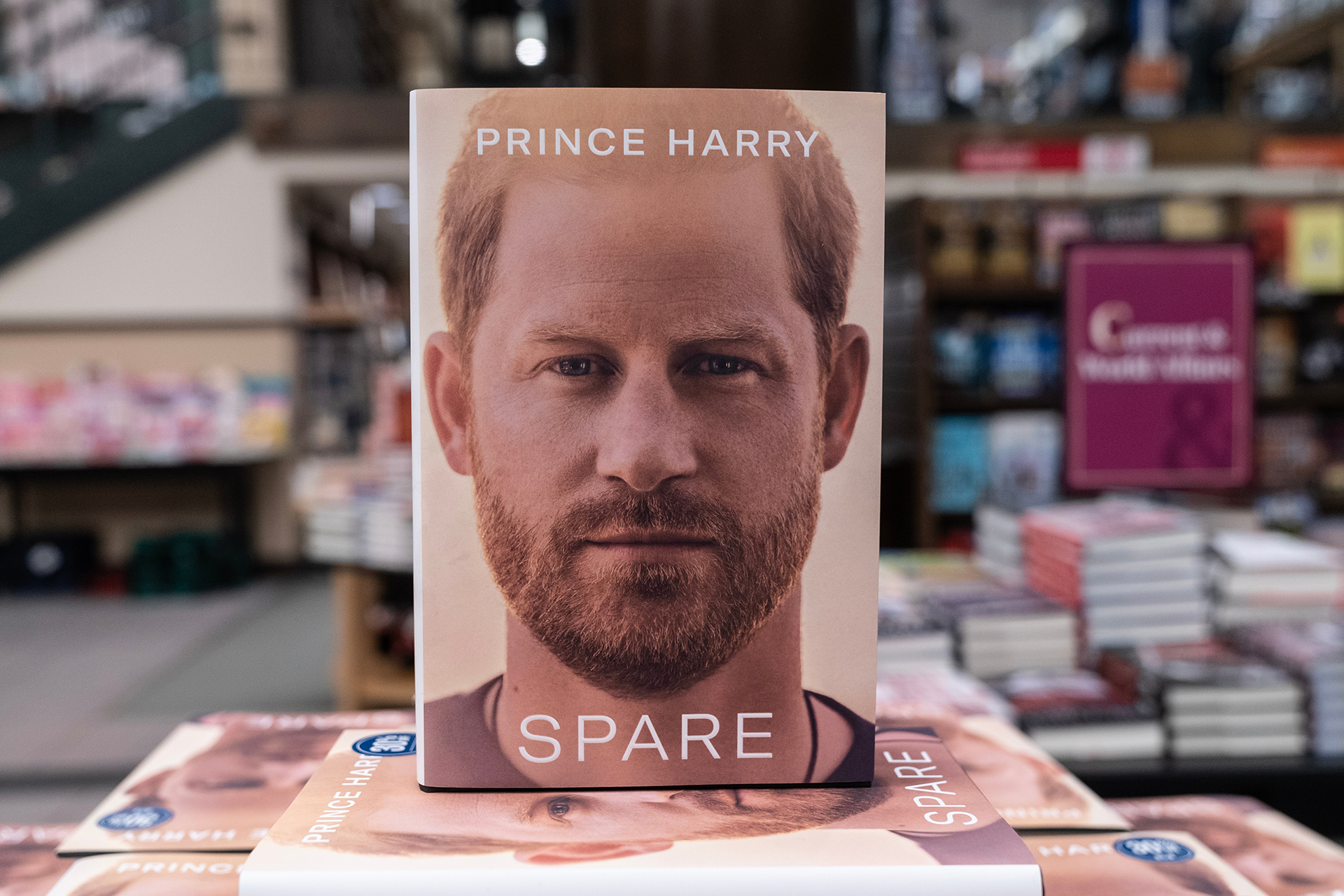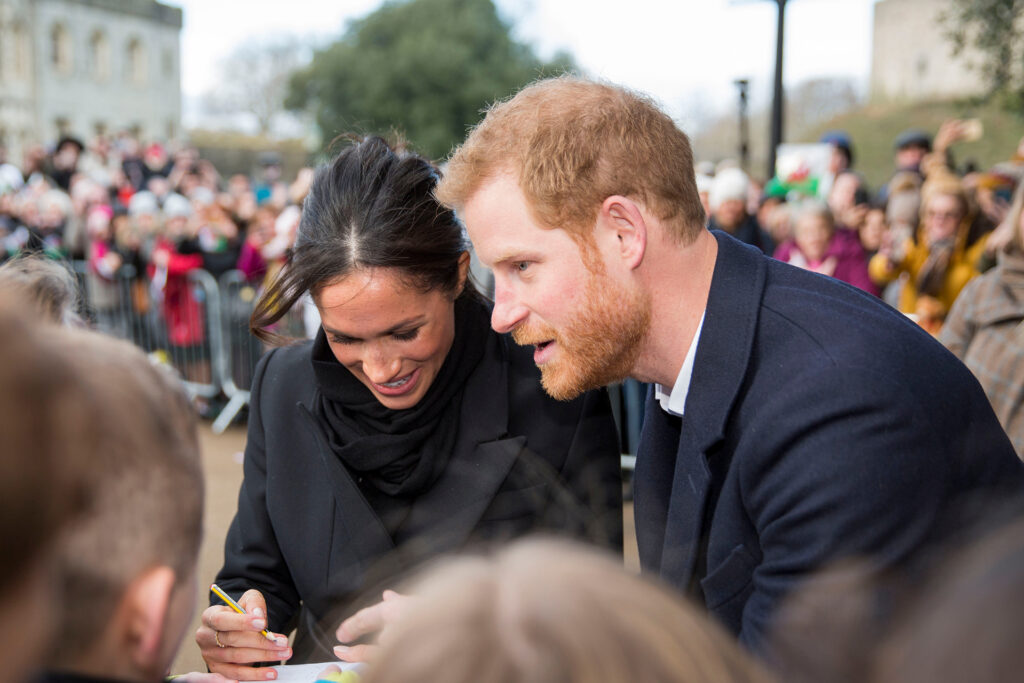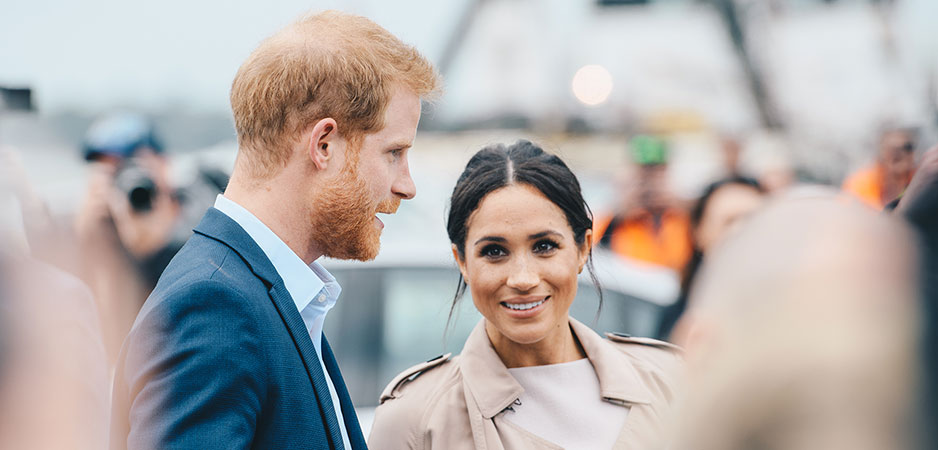Disabuse yourself of the notion that Meghan Markle was the reason Prince Harry fled royal life for the sunlit uplands of California. In his memoir, Spare, Harry makes clear that Meghan is little more than a sideshow to the real tale: the story of Harry and Diana.
Harry begins at what is the beginning for him, the terrible night his mother was hounded to her death by a mob of photographers. It quickly becomes evident that his life since that night has been shaped by her loss and his marriage seems to be shaped by his attempt to battle the media that stalked her.
Left alone with a family ill-equipped to help him grieve, Harry grew up feeling overlooked and underappreciated. But sometimes tragedy breeds tragedy, and, in Harry’s case, the pettiness, spite and lack of self-reflection that dominate his narrative turn his story into an absurdity.
Harry’s magical, misery tour
We learn that after Diana’s death, Harry is left to live among a cast of characters so insalubrious they are entirely unbelievable. Charles, then Prince of Wales, dodders around with an old teddy bear, apparently a totem of his unhappy childhood. Despite Harry’s own humanitarian interests, he fails to tell us that his father established the Prince’s Trust, today one of the UK’s leading charities. Instead, we discover that Charles turns up at one of his son’s school plays only to laugh at all the wrong moments.
William, a balding bully fast losing his resemblance to Diana, dislikes Meghan solely because the press has derided her, not because his own experience might have induced that sentiment. That William first encouraged Harry to undergo therapy warrants nary a mention.
A bizarre range of secondary figures make an appearance, presumably to highlight Harry’s misery. His history teacher was a bully for questioning why the prince didn’t show greater interest in learning about his own family. He pokes fun at an old matron at his boarding school. Why we need to know that Harry thought she was a greasy haired harridan with a crooked spine and stiff knees is anyone’s guess. You wonder if the Queen would have been spared his invective if she weren’t so universally venerated.
In his zeal to convince us that he grew up in a world in which he was always second best, Harry manages to underplay a genuinely significant achievement. He won universal praise for setting up the Invictus Games – a sporting event for wounded servicemen and women – and gathered up the great and good (including the Obamas) to support his cause. It seems to have eluded Harry that the stuffy old Palace provided him with the opportunity to establish a global platform that many past royal spares would, and sometimes have, killed for (perhaps he should have paid more attention to those primary school history lessons).
The paparazzi, we know, hunted Diana to her death. So Harry should be on safe ground when taking aim at the media. But here in particular, his anger blinds him to any semblance of accuracy. He is so seethingly insistent that the press drove away his girlfriends that you wonder if Meghan is the love of his life or simply the last woman standing. He writes that media intrusion led one of those former girlfriends, the TV presenter Caroline Flack, to take her life, prompting her former agent to accuse Harry of misconstruing the reasons behind Flack’s suicide.
Meghan, the supporting actress
And then, in Meghan Markle, Harry finds what he seems to have spent his adult life looking for: a cause for which he can go to battle with the media.
Harry sees Meghan on Instagram and immediately thinks she’s both angelic and luminous. He takes it as a sign that a marathon series of text messages between them takes place on his mother’s birthday. And, almost from the get-go, he is convinced that the press are determined to harass and hound Meghan as they did his mother.
In Harry’s version of events, almost every headline about Meghan has been racist and derogatory from the start, even when the facts suggest otherwise. He writes that Meghan, then his girlfriend, was driven to tears during a visit to London after being faced with a barrage of negative headlines at the Whole Foods newsstand. Except that Whole Foods doesn’t sell newspapers and a skim of the headlines in November 2016 reveals very little about Meghan at all.
On their wedding day, Harry sees snipers patrolling the roofs around Windsor and concludes that the threat level around his wedding is unparalleled, driven by racist coverage in the lead up to the wedding. In reality, there was no more or less security around Harry’s wedding than his brother’s.
“Just shush”
It is an irony perhaps lost on Harry that accuracy is irrelevant to him as he attempts to convince us that the media were determined to drive Meghan to her end, as they did his mother.
A legion of staff left the couple during their brief tenure within the Royal family but for Harry, allegations that his wife may have bullied some of them out are baffling. Instead, we learn that one of his many reminders that his wife is entirely lovely (entirely “magic”, in fact) came on the north coast of Scotland when Meghan sang to seals and they sang back. No where does he see fit to explain why his wife told Oprah the Palace never asked her to pose for photographers outside hospital after having her first child, but then recounted in some detail to Netflix the pressure she now claims she faced to do so.
According to Harry, neither he nor Meghan accused the Royal family of racism during their outing with Oprah. Their words, he says, we’re misconstrued by the British press. Perhaps he didn’t glance over at his own local paper: “Meghan Markle, Prince Harry claim royal racism in Oprah talk”, ran the headline in The Los Angeles Times).
Perhaps Harry remains blinded enough by grief that his own truth is the only truth that matters to him.
For the rest of us, he might do well to cast his mind back to the private audio recordings Diana undertook with her speech coach, Peter Settelen, in the 1990s. Like almost everyone else in Diana’s life, Settelen saw fit to hand over her private conversations with him to the media after she died. At one point during a coaching session, William and Harry enter the room and Harry proceeds to cause a rumpus. “Harry, shush”, Diana tells her younger son. “Just shush.”
You have to hope he’s listening.
The views expressed in this article are the author’s own and do not necessarily reflect Fair Observer’s editorial policy.
Support Fair Observer
We rely on your support for our independence, diversity and quality.
For more than 10 years, Fair Observer has been free, fair and independent. No billionaire owns us, no advertisers control us. We are a reader-supported nonprofit. Unlike many other publications, we keep our content free for readers regardless of where they live or whether they can afford to pay. We have no paywalls and no ads.
In the post-truth era of fake news, echo chambers and filter bubbles, we publish a plurality of perspectives from around the world. Anyone can publish with us, but everyone goes through a rigorous editorial process. So, you get fact-checked, well-reasoned content instead of noise.
We publish 2,500+ voices from 90+ countries. We also conduct education and training programs
on subjects ranging from digital media and journalism to writing and critical thinking. This
doesn’t come cheap. Servers, editors, trainers and web developers cost
money.
Please consider supporting us on a regular basis as a recurring donor or a
sustaining member.
Will you support FO’s journalism?
We rely on your support for our independence, diversity and quality.










Comment